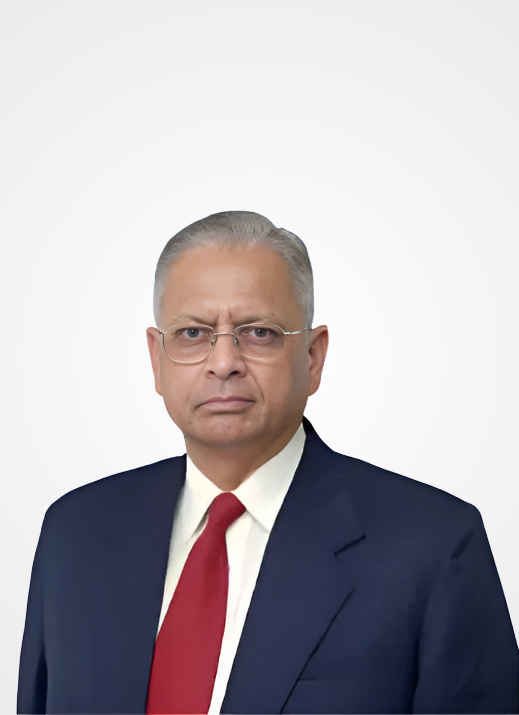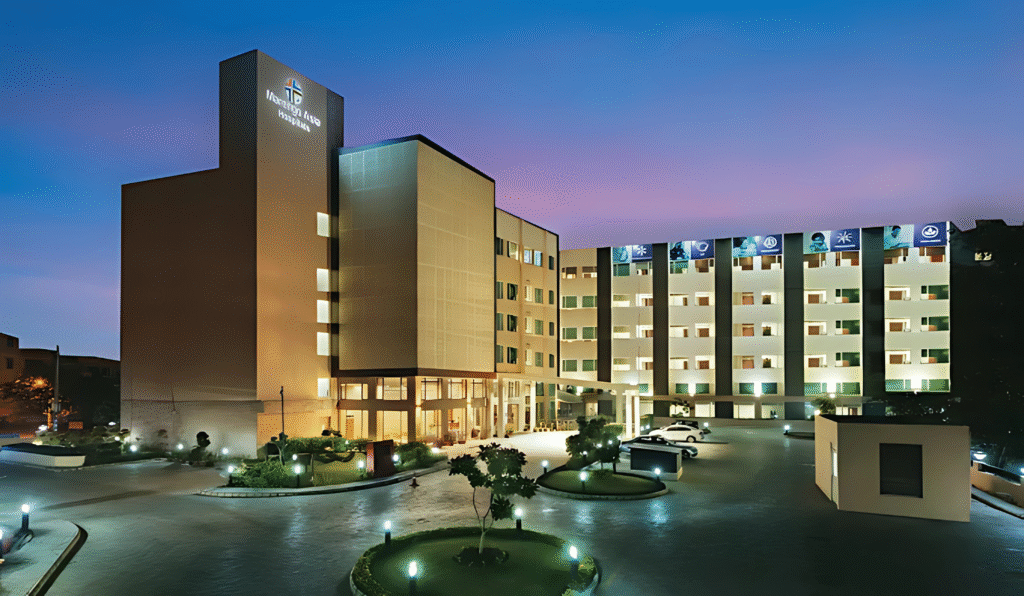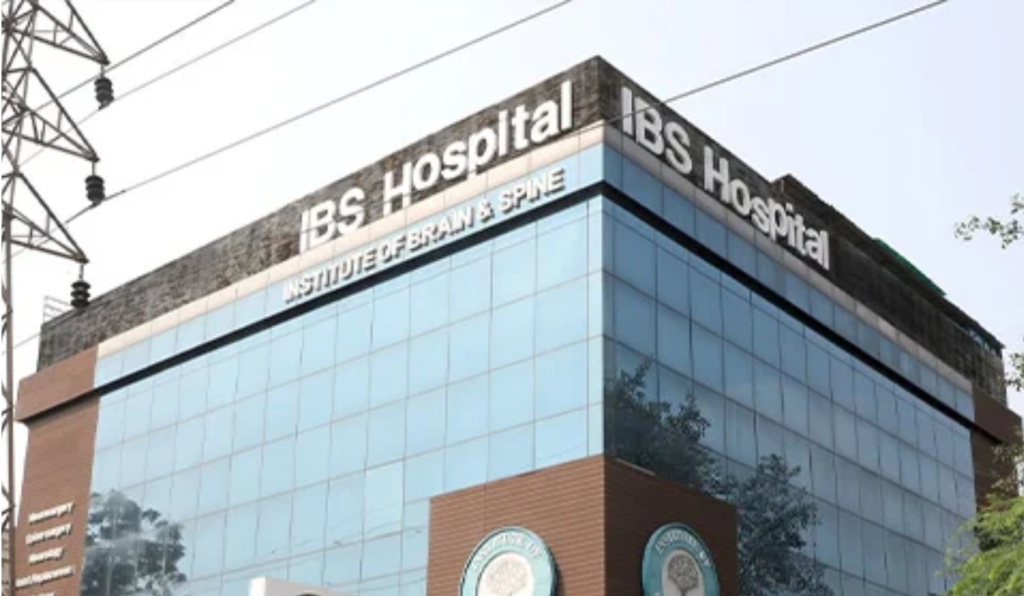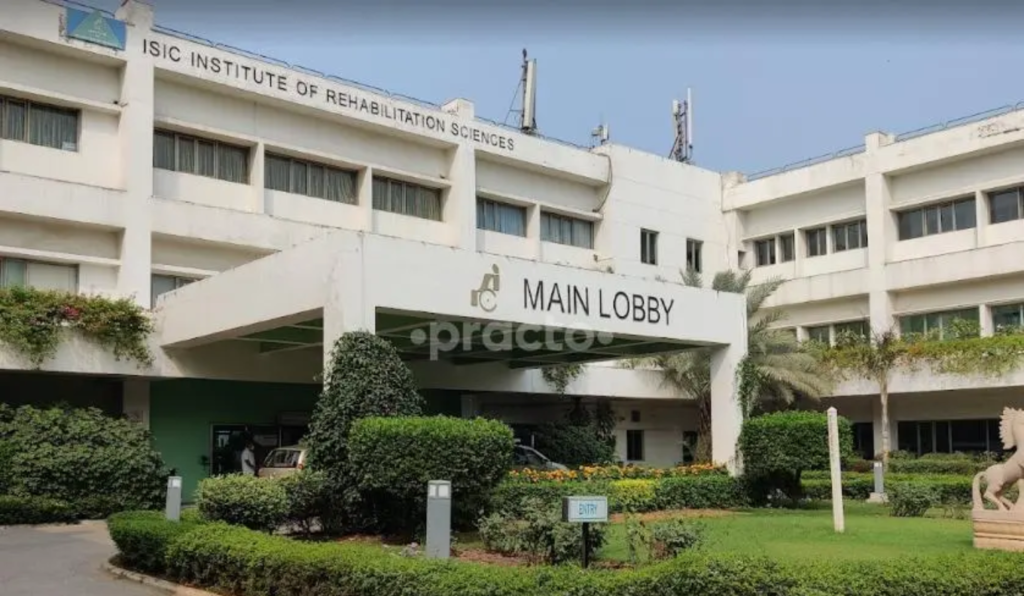Chronic Pain Treatment Cost in India

What is Chronic Pain?
Chronic pain refers to persistent pain that lasts for months or years and affects daily functioning. It can arise from nerve damage, inflammation, or unknown causes.
Nerve pain (neuropathic pain) is caused by damage or dysfunction in the nervous system.
Neuropathy involves damage to peripheral nerves, often resulting in tingling, numbness, or weakness.
Fibromyalgia is a chronic condition marked by widespread musculoskeletal pain, fatigue, and tenderness in localized areas.
How Does Chronic Pain (Nerve Pain, Neuropathy, Fibromyalgia) Develop?
Chronic pain develops differently depending on the specific condition:
Nerve Pain (Neuropathic Pain): Develops from damage to or malfunction of nerves, often after injuries, surgeries, infections, or diseases like diabetes.
Neuropathy: Usually begins with peripheral nerve damage, disrupting signal transmission, and can worsen if underlying causes are unmanaged.
Fibromyalgia: Thought to arise from abnormal pain processing in the brain and spinal cord, possibly triggered by stress, infections, or physical trauma.
Chronic pain syndromes can become self-sustaining as the nervous system becomes sensitized, causing pain responses to even mild stimuli.
Causes and Risk Factors of Chronic Pain (Including Nerve Pain, Neuropathy & Fibromyalgia)
Chronic pain refers to persistent or recurrent pain lasting longer than three months and can significantly impact quality of life. It may originate from an injury, nerve damage, or underlying medical conditions. This category includes nerve pain, neuropathy, and fibromyalgia, each with unique mechanisms but often overlapping symptoms like burning, tingling, or widespread discomfort. Chronic pain is complex, involving both physiological and psychological components.
Primary Causes of Chronic Pain
Nerve Damage or Compression: Conditions like sciatica, herniated discs, or carpal tunnel syndrome can irritate or damage nerves, causing persistent nerve pain.
Diabetes-Related Neuropathy: Prolonged high blood sugar levels damage peripheral nerves, leading to diabetic neuropathy with symptoms like numbness or burning sensations.
Fibromyalgia Triggers: Often associated with physical or emotional trauma, fibromyalgia causes widespread musculoskeletal pain and fatigue, with no identifiable tissue damage.
Post-Surgical or Injury Pain: Pain that lingers after surgery or injury due to improper healing or nerve entrapment.
Chronic Inflammatory Conditions: Disorders like rheumatoid arthritis or autoimmune diseases may lead to continuous pain through inflammation and joint damage.
Risk Factors Contributing to Chronic Pain
Age: The risk of conditions like neuropathy or fibromyalgia increases with age.
Chronic Illnesses: Diabetes, autoimmune diseases, and infections like shingles elevate the risk of nerve-related pain.
Poor Posture and Sedentary Lifestyle: These can lead to musculoskeletal imbalances, nerve compression, and joint pain.
Psychological Stress: Anxiety, depression, and emotional trauma are known to worsen the perception of chronic pain.
Gender: Women are more frequently diagnosed with fibromyalgia and chronic pain syndromes due to hormonal and neurological differences.
Symptoms of Chronic Pain (Nerve Pain, Neuropathy & Fibromyalgia)
Chronic pain presents differently based on the underlying cause but is typically persistent and debilitating.
Nerve Pain & Neuropathy:
Burning, stabbing, or tingling sensations
Numbness or hypersensitivity in affected areas
Muscle weakness or paralysis in severe cases
Fibromyalgia:
Widespread musculoskeletal pain
Extreme fatigue and sleep disturbances
Cognitive difficulties (“fibro fog”)
Headaches or migraines
Irritable bowel or bladder symptoms
Types of Chronic Pain (Nerve Pain, Neuropathy, Fibromyalgia)
Caused by damage or dysfunction in the nervous system. Conditions like sciatica, trigeminal neuralgia, or post-herpetic neuralgia fall under this type. Pain is often sharp, shooting, or burning.
Affects the peripheral nerves and can result from diabetes, infections, or toxins. Symptoms include numbness, tingling, and weakness, primarily in hands and feet.
A chronic condition marked by widespread musculoskeletal pain, fatigue, and cognitive disturbances. It’s believed to involve abnormal pain processing in the brain and nervous system.
This type of prostaIncludes Central Pain Syndrome (from brain/spinal cord injury), Complex Regional Pain Syndrome (CRPS), and phantom limb pain in amputees.te cancer starts in the cells lining the urethra or bladder and then spreads to the prostate. It is more common in people who have a history of bladder cancer and often requires different treatment approaches.
Sarcomas are extremely rare prostate cancers that originate in the soft tissues of the prostate rather than glandular cells. These include:
Leiomyosarcoma (affecting smooth muscle tissue)
Rhabdomyosarcoma (affecting skeletal muscle tissue)
Which Type of Chronic Pain is the Most Dangerous?
Neuropathic pain from conditions like Complex Regional Pain Syndrome (CRPS) is considered one of the most severe due to its intensity, resistance to treatment, and impact on quality of life.
Why Choose India for Neurology and Neurosurgery Treatment?
India has become a global hub for advanced neurology and neurosurgery treatments, offering a unique combination of cutting-edge medical technology, experienced specialists, and compassionate care. Patients worldwide travel to India not only for high-quality treatments but also for the affordability and holistic healing approach that complements neurological recovery.
India is home to board-certified neurologists and neurosurgeons trained at top global institutions. They have extensive experience handling complex conditions such as brain aneurysms, epilepsy, multiple sclerosis, Parkinson’s disease, and more. Their deep expertise ensures accurate diagnosis and effective treatment plans tailored to individual needs.
Indian hospitals are equipped with the latest neurological diagnostic and treatment technologies, including:
Functional MRI and PET scans
Intraoperative neuro-navigation
Robotic-assisted neurosurgery
Deep Brain Stimulation (DBS) systems
These advancements significantly enhance precision in both surgical and non-surgical neurological care.
One of the biggest advantages of choosing India is the affordability. Treatment costs in India can be 50–70% lower than in the US, UK, or other Western nations, without compromising on quality. Pricing is often transparent, and patients receive clear breakdowns before the treatment begins.
Neurological recovery often requires long-term rehabilitation. Indian hospitals offer integrated neuro-rehab services including:
Physiotherapy and occupational therapy
Speech and cognitive rehabilitation
Pain and stress management programs
This ensures patients receive holistic care throughout their recovery journey.
Unlike in many countries where wait times for neurological or neurosurgical consultations and procedures can stretch for weeks or months, Indian hospitals offer quick scheduling and immediate access to treatment, especially critical in time-sensitive cases like strokes or brain tumors.
India is a global leader in medical tourism, offering:
✔ Dedicated international patient coordinators
✔ Medical visa assistance for easy travel
✔ Affordable accommodation & travel support
✔ Multilingual staff, including English-speaking doctors
This ensures a smooth and hassle-free experience for foreign patients traveling to India for treatment.
Different Types of Treatments for Chronic Pain
Chronic pain—especially from conditions like nerve pain, neuropathy, and fibromyalgia—can significantly disrupt daily life, causing physical limitations and emotional stress. Treatment in India focuses on both the physical and neurological roots of pain, offering a wide spectrum of non-invasive and minimally invasive therapies.
How It Works:
Involves a combination of physical therapy, psychotherapy, and pharmacologic options to reduce pain perception and improve coping strategies.
When It’s Used:
As the first line of treatment for all forms of chronic pain, especially fibromyalgia and generalized nerve pain.
Benefits:
Reduces overall pain levels
Improves quality of life
Integrates holistic, long-term care
How It Works:
Mild electrical impulses are delivered to specific nerves to block or modulate pain signals before they reach the brain.
When It’s Used:
Effective in treating neuropathy or localized nerve pain that doesn’t respond to medication.
Benefits:
Non-invasive pain relief
Reduces need for opioids
Targets specific pain zones
How It Works:
An ancient technique where thin needles are inserted into specific body points to stimulate nerves, muscles, and connective tissues, thereby easing pain.
When It’s Used:
Widely used in fibromyalgia and generalized chronic pain to relieve muscular and neurological discomfort.
Benefits:
Safe and drug-free
Improves energy flow
Enhances emotional well-being
How It Works:
Analgesics, anti-inflammatories, anticonvulsants, and antidepressants are prescribed based on the pain type—whether it’s nerve pain, inflammation, or central sensitization.
When It’s Used:
In both acute flare-ups and long-term maintenance, depending on the chronic pain type.
Benefits:
Reduces pain intensity
Addresses underlying conditions
Customizable for different pain types
Different Procedures for Chronic Pain
When conservative treatments fall short, several advanced and minimally invasive procedures are available in India to manage chronic pain effectively—especially in neuropathy, nerve pain, and fibromyalgia cases.
How It Works:
A small pump delivers medication directly into the spinal fluid, allowing lower doses with higher efficacy.
When It’s Used:
For patients with severe, unmanageable pain from neuropathy or spinal cord disorders.
Benefits:
Fewer systemic side effects
Long-term relief
Adjustable dosing
How It Works:
High-frequency currents or chemicals are used to destroy specific pain-transmitting nerve fibers.
When It’s Used:
For localized chronic nerve pain or when specific pain origins are clearly identified.
Benefits:
Long-lasting relief
Minimally invasive
Precise targeting
How It Works:
A device implanted near the spine emits electrical impulses that disrupt pain signals before they reach the brain.
When It’s Used:
For complex regional pain syndrome, post-surgical pain, or nerve damage conditions like diabetic neuropathy.
Benefits:
Significant pain reduction
Adjustable and reversible
Alternative to surgery or high-dose medication
How It Works:
Robotic systems enhance precision in minimally invasive interventions like nerve decompression or ablation, reducing tissue damage.
When It’s Used:
In complex pain cases requiring surgical precision, particularly spinal nerve interventions.
Benefits:
High precision with minimal trauma
Faster recovery
Consistent outcomes
How It Works:
Includes small-incision techniques like nerve blocks, percutaneous decompression, or injection therapies targeting pain centers.
When It’s Used:
Widely used across all forms of chronic pain when medication fails or surgery is not viable.
Benefits:
Reduced recovery time
Lower complication risk
Can be repeated or combined with other therapies
Best Doctors for Chronic Pain Treatment in India
Best Hospitals for Chronic Pain Treatment in India
Med Travel India Offerings
How does Med Travel India help you?
Med Travel India is dedicated to assisting international patients in accessing high-quality prostate cancer treatment in India. From selecting the best hospitals to providing logistical support, we ensure a seamless medical journey. Our team works closely with top oncologists and healthcare facilities to offer personalized treatment plans tailored to each patient’s condition.
We take care of every aspect of medical travel, allowing patients to focus solely on their recovery. Below is a list of services provided by our company:
Services offered by Med Travel India

Seamless Planning for Your Medical Journey
Before you even arrive, we take care of all the groundwork. From connecting you with top specialists to ensuring all necessary medical evaluations are completed, we make your journey stress-free. Our goal is to provide clarity and comfort before your treatment begins.
- Free Medical Consultation
- Personalized Treatment Plan
- Estimated Cost & Duration
- Visa Assistanc
- Second Opinion Service
- Pre-Arrival Coordination
Worry-Free Travel & Comfortable Stay
We ensure that your journey to India is as smooth as possible. From booking your flights to arranging a comfortable stay near your hospital, we handle everything so you can focus on your health.
- Flight Booking Assistance
- Accommodation Booking
- Airport Pickup & Drop
- Language Interpretation Services
- Local Transport Arrangements
- Currency Exchange Support


World-Class Medical Care, Personalized for You
We ensure that your medical treatment is well-organized and efficient. Our team works closely with hospitals to facilitate smooth admissions, consultations, and procedures, ensuring you receive top-quality healthcare.
- Priority Appointment Scheduling
- Direct Hospital Admission
- Specialist Doctor Assignment
- Pharmacy & Medical Supplies
- Hospital Admission & Discharge Support
- 24/7 Customer Assistance
Continued Support for a Speedy Recovery
Your health journey doesn’t end after treatment. We provide post-procedure assistance to ensure a smooth recovery, whether you stay in India for rehabilitation or return home.
- Post-Surgical Care Coordination
- Rehabilitation & Physiotherapy
- Virtual Doctor Consultations
- Diet & Lifestyle Guidance
- Extended Stay Arrangements
- Post-treatment Medical Supplies


Beyond Healthcare, A Comfortable Experience
We offer additional services to make your stay in India comfortable and enriching, ensuring that your well-being is cared for beyond the hospital.
- Medical Insurance Settlement Help
- SIm Card Assistance
- Customized Sightseeing Tours
- Medical Document Assistance
- Personalized Assistance for Family Members
- Concierge Services
Reviews From Our Patient













































